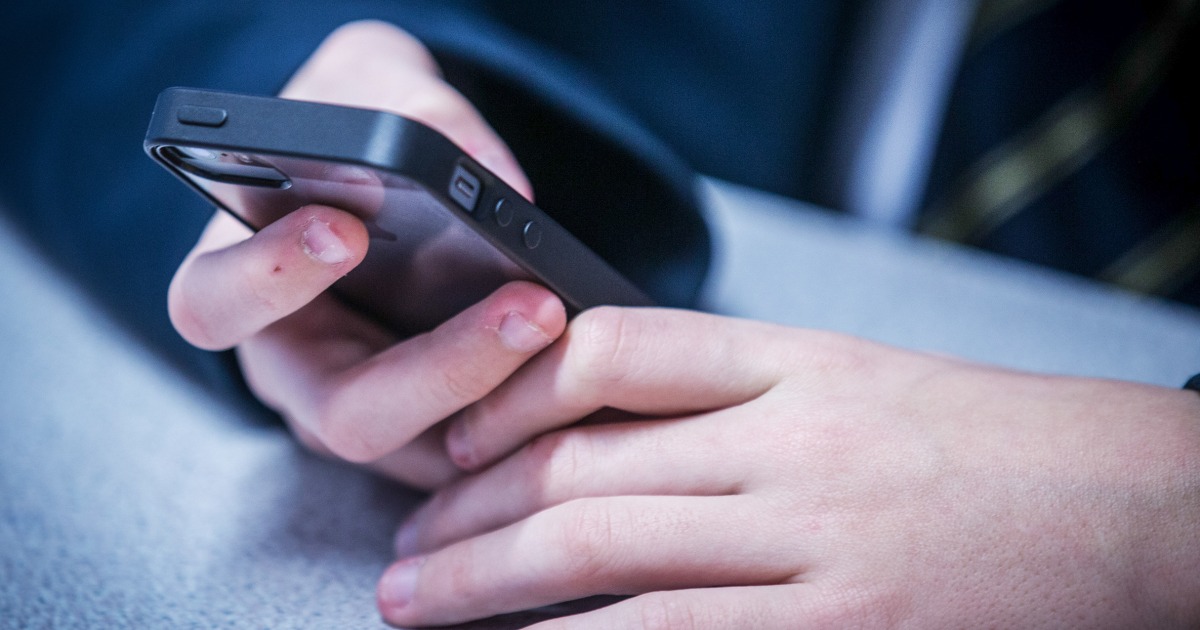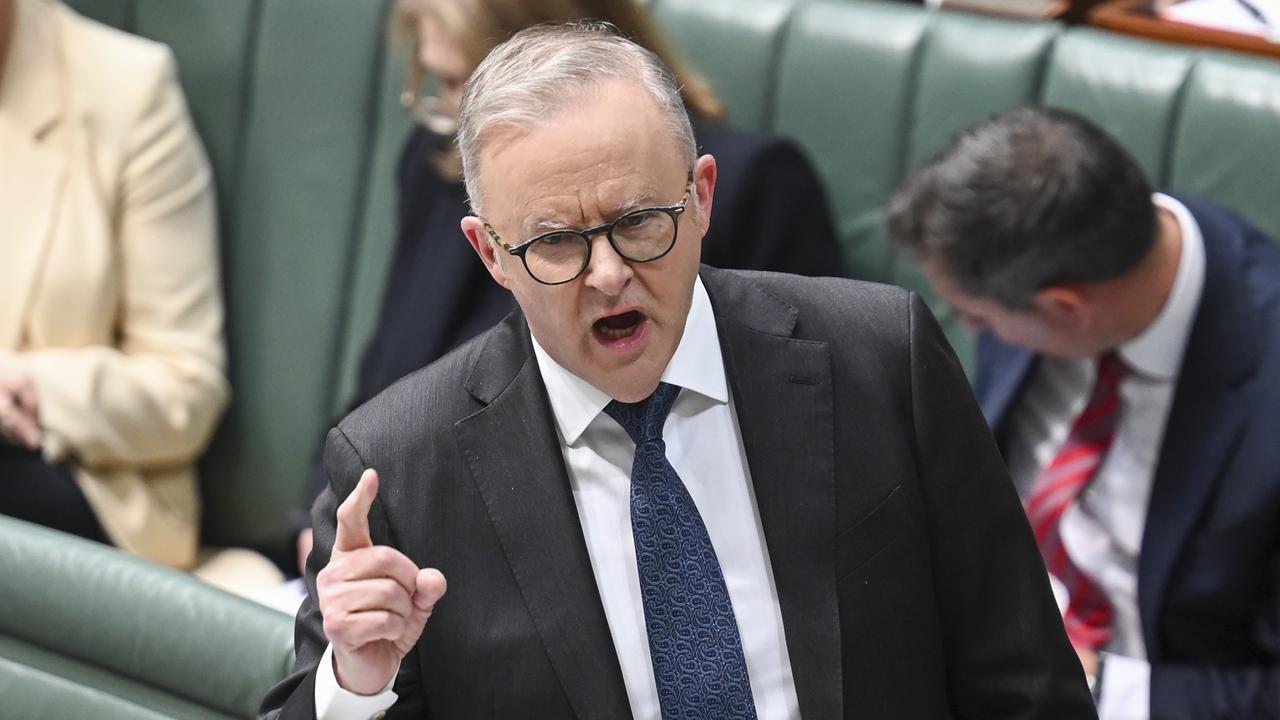The Australia government has announced plans to introduce a new law banning children and younger teenagers from accessing social media platforms unless they meet a certain age threshold. This proposal was set to be introduced before the next election.

Also Read: Huawei Mate XT Tri-Fold Phone Surpasses 2.7 Million Pre-order Before Official Launch
Prime Minister Anthony Albanese declared the government’s intention to ban children under a specific age, likely between 14 and 16, from accessing social media platforms.
The government aims to introduce legislation by the end of 2024, following a $6.5 million trial of age verification technologies that was funded in the May budget.
The goal is to reduce the harmful impacts of social media on the mental and physical health of children by ensuring that only those over the legal age can access these platforms.
Although the exact minimum age has not been decided, it is expected to be set between 14 and 16 years. Albanese has expressed a personal preference for setting the limit at 16.
This would impact platforms like Facebook, Instagram, TikTok and others, requiring age verification for any users attempting to log in.
Enforcing an age block poses challenges in ensuring that users are accurately and securely identified without compromising privacy.
One option involves using banks to confirm a user’s age, verifying that they meet the required age threshold. However, this option may not work for under-16 users who may not have bank accounts.
Mobile phone companies could verify a user’s age. This method may involve confirming that a phone number is registered to an adult, although this option also questions about access and accuracy for teenagers who use mobile devices registered under their parents’ names.
Credit cards can serve as a verification tool since cardholders are usually required to be 18 or older. This method would not work for younger users who do not have credit cards.
Users could be required to upload a photo, which is then matched against a government-issued photo ID. This option could present privacy concerns as it would involve platforms storing or processing sensitive personal data.
Another method being explored is the use of artificial intelligence to estimate a user’s age based on facial recognition technology.
In Australia, the eSafety commissioner has recommended a double-blind tokenised approach, where a third party verifies age without disclosing personal data directly to platforms.
The UK implemented an age verification law in 2019, specifically for adult content, but it was later abandoned due to technical difficulties, delays and privacy concerns.
In the US, states like Utah and Louisiana introduced age verification laws for certain online content. But these restrictions led to an increase in the use of virtual private networks (VPNs) with users bypassing age restrictions by masking their location and identity.
Also Read: Astro Bot PS5 Review: A PlayStation Masterpiece for All Ages
Documents obtained from Australia’s communications department show that no country has implemented an age verification mandate without encountering issues.
The findings suggest that technological difficulties, privacy concerns and the ability of users to circumvent restrictions remain critical obstacles to successful enforcement.
Enforcing an age-based social media ban is a huge task, especially in a country with a large and digitally active population like Australia.
The South Australian government explored a similar age restriction, and while the proposal has its merits, several experts have expressed doubts about its overall enforceability.
Major tech companies like Meta, YouTube and TikTok are likely to face pressure to comply with these regulations.
One of the biggest concerns is that children will find ways to bypass the restrictions using VPNs or switching to platforms that are not under the same scrutiny as mainstream social media giants.
This was a concern highlighted in the South Australian review by former high court chief justice Robert French, who said that while workarounds will inevitably arise, the effort to introduce regulations is still worthwhile.
The Prime Minister stated that social media is a scourge on young people’s lives, linking it to increased rates of mental health issues.
There is a concern about the negative influence of social media on self-esteem, social interaction and the exposure of minors to harmful content.
Albanese expressed a desire to see children off their devices and back on the footy fields, swimming pools, and tennis courts. The intent is to encourage more physical activity and genuine social interaction, away from screens.
The government believes that parents have been left without guidance on how to manage their children’s social media use.
Before the ban can be enforced, age verification trials will be conducted in the coming months to determine how best to implement these restrictions.
Also Read: Tech Layoffs 2024: Over 75,000 Employees Impacted in August




